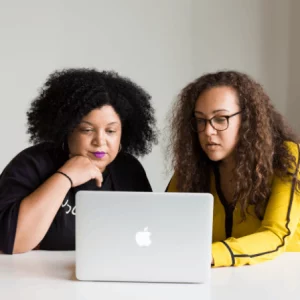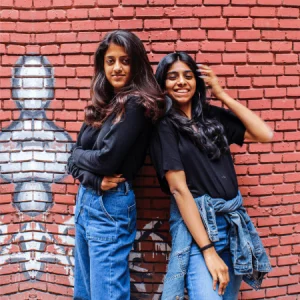

Social Care & Informal Community Care
Why is social care a key area for the Centre?
According to the report on Ethnicity and children’s social care (2022) which examined the differences in the representation, experiences and outcomes of children in social care by ethnic group, children from Asian and Any Other ethnicities were around three times more likely than White or Mixed ethnicity children to have had no interaction with social care in the month prior to becoming a looked after child/ren. Black and Asian children were less likely than White or Mixed ethnicity children to have been on a child in need or a child protection plan in the month prior to becoming a looked after child, or at any point in the previous 8 years.


Why is Community Care a key area for the Centre?
Research conducted by CARERS UK shows that African, Asian and Caribbean carers provide more care proportionately than other ethnic groups, putting them at greater risk of ill-health, loss of paid employment and social exclusion. Certain groups also experience greater levels of isolation, namely Pakistani and Bangladeshi carers. Key challenges faced by African, Asian and Caribbean carers, such as cultural barriers and lack of culturally appropriate workers, language barriers and more is an area in need of exploration and support.
- There are 503,224 African, Asian and Caribbean carers in England
- 10% of carers are from an African, Asian and Caribbean background. •
- Indian carers are the largest African, Asian and Caribbean group, as 2.2% of all carers.
- Black Caribbean carers represent 0.9% of all carers, or 44,402 carers
- Every year, 180,000 African, Asian and Caribbean people become carers
Research shows that young carers of African, Asian and Caribbean have felt isolated and unable to enjoy a ‘normal’ childhood, underachieving in education and experiencing poor mental and physical health. Furthermore, research has shown that young carers are reluctant to come forward due to unwanted interventions, and the fear that they may be put into care or separated from their families. Moreover, African, Asian and Caribbean young carers, may be placed in a precarious position as interpreters or translators in medical situations.
Following the Covid-19 pandemic a research paper by Carers UK highlighting its impact on African, Asian and Caribbean children and young people reported that:
- People from African, Asian and Caribbean groups were almost three times as likely to contract COVID-19 and five times more likely to experience serious outcomes.
- Evidence suggests this is largely due to social inequalities such as housing, occupational risk and access to healthcare.
- Lockdown measures disproportionately affected some communities more than others. Those from Bangladeshi and Black African communities were more likely to have experienced financial insecurity or mental health issues than their White counterparts.
To learn more about our work, sign up to our monthly newsletter
Our newsletter will give you insight into our ongoing projects, learning, upcoming events, training and more!
Some of Our Projects
Our Impact
Let’s work together
At SEEN, we pride ourselves on the work we do, and are striving to achieve our aims of creating a society where children and young people of African, Asian and Caribbean heritage have equitable futures – working with our partners to deliver these solutions. If you are interested in working with us on this, please get in touch below.







